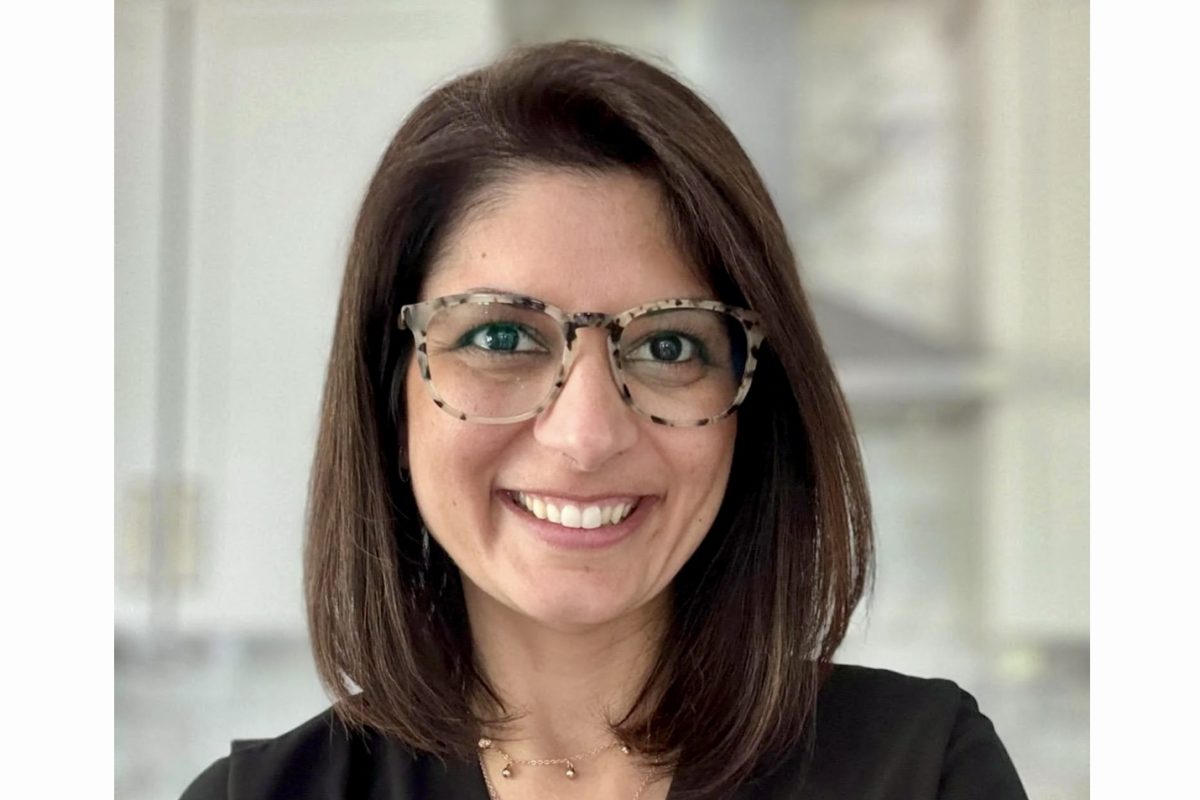In a pivotal leadership move set to shape the future of early childhood education, Neighborhood Villages has appointed Binal Patel as its new Executive Director.
A seasoned educator and systems-level reform advocate, Patel steps into the role after serving five transformative years with the Boston-based nonprofit, most recently as Chief Program Officer.
Neighborhood Villages, known for its mission to ensure that all families have access to affordable, high-quality early education and care, has long been a leader in pushing systemic change in the fragmented and underfunded early childhood landscape.
Patel’s promotion reflects a natural evolution in that mission, from grassroots innovation to scalable, sustainable solutions that can redefine national standards.
From Marketing Analyst to Advocate for Children
Patel’s journey into early childhood education wasn’t linear, but it was deeply intentional. Armed with a bachelor’s degree in Economics from the University of California, San Diego, Patel began her career as a marketing analyst.
Although the role was stable, she felt unfulfilled. “I wasn’t bringing any passion to the work,” she reflected.
The sudden loss of a close friend forced a re-evaluation of her purpose. “I realized that while I dreamed of being a teacher one day,’ that one day may never come.”
So she leaped, leaving her corporate job to become an assistant preschool teacher. With no formal training but a deep instinct for nurturing children, Patel found support and encouragement from a mentor who recognized her potential.
That experience propelled her to pursue a master’s degree in Early Childhood Education from New York University. Since then, she has been unwavering in her commitment to educational equity, classroom innovation, and educator empowerment.
A Serendipitous Start at Neighborhood Villages
Patel first encountered Neighborhood Villages through her work as an adjunct professor at Bunker Hill Community College.
She taught a course at the Epiphany Early Learning Center, a pilot site for one of the nonprofit’s early initiatives focused on reducing educator barriers by offering college classes onsite, along with food and childcare.
There, she met co-founders Sarah Muncey and Lauren Kennedy, whose mission resonated deeply.
“When I met Sarah and Lauren… I kept thinking, ‘These are all the things I’m experiencing as a Director! The parents can’t afford tuition, and the teachers can’t afford to stay. I thought it was me, but it’s actually the system that doesn’t work!’” she recalls. The realization galvanized her. Patel joined Neighborhood Villages shortly after, and has since climbed the ranks, from Director of Workforce, to Chief Program Officer, and now, Executive Director.

Building Systems That Actually Work
As Chief Program Officer, Patel spearheaded numerous impactful programs.
Her resume includes launching the Learning Through Exploration curriculum, scaling a statewide COVID-19 testing program for early education centers, and leading the Registered Apprenticeship Program for early educators and aspiring directors, now in its third cohort.
A consistent theme ties together each project: breaking down systemic barriers while listening directly to educators and families.
“We’re not writing curriculum for educators, we’re writing it with them,” she emphasized. The goal? To build infrastructure that not only serves children but also supports the adults who care for them.
Her leadership during the COVID-19 pandemic was particularly instrumental. Despite skepticism, Neighborhood Villages managed to rapidly implement and scale testing services across the state, proving that early education could, in fact, be treated as essential infrastructure. “People told us it wasn’t possible. But we said it is, and we showed how.”
A Vision for the Next Chapter
Patel’s appointment comes as Neighborhood Villages nears its 10th anniversary, a milestone that calls for both reflection and reinvention.
In her new role, she will collaborate closely with co-founders Muncey and Kennedy, who continue as Co-Presidents, to lead the nonprofit into its next chapter.
This includes shaping a new strategic plan, expanding program implementation, and advocating for policy reform at the state and national levels.
Central to her vision is the belief that early childhood education cannot simply replicate the K–12 system.
“We are talking about a completely different age group, a completely different time in families’ lives, and a completely different set of educators,” she said. “We have to build a system specifically for early childhood, one that supports educators as much as it does children.”
Looking Ahead: Systems Change Through Collective Power
For Patel, the road ahead is both personal and political. As a mother of two, a former educator, and a leader who has worked in classrooms, college lecture halls, and policy rooms, she understands the complexity of the system and the urgency for change.
She credits the Neighborhood Villages team as the driving force behind its success.
“They are amazing and dedicated and such an inspiration,” she said. “They really see the vision and believe in that system. I’m so grateful to get to do this work alongside them.”
And as for what’s next? Patel is resolute: “We believe that an early education system is possible. Don’t tell us it’s not. We’re going to keep saying it is, and we’re going to keep showing how.”



